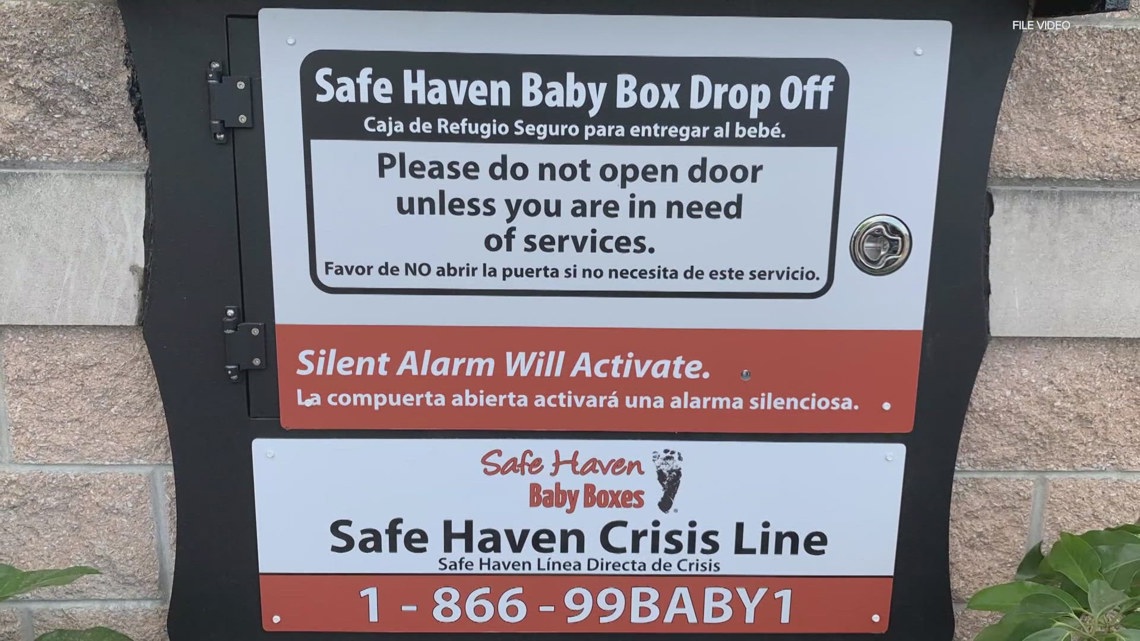When Marissa Mayer took the reins at Yahoo last week, announcing on the same day that she was six months pregnant, it didn’t take long for the blowback to begin.
The mediasphere is exploding with chatter about whether the 37-year-old can revitalize the sagging internet giant while dealing with the demands of birth and baby.
“Should you hate Marissa Mayer?” demanded a headline in Forbes.com. (No, posits the magazine’s blogger, who concludes that Mayer will be able to hire a nanny to care for the baby.)
“How,” asked Marketwatch.com, “can new Yahoo Inc. Chief Executive Marissa Mayer possibly manage to raise both the beleaguered company’s stock price — and the child that she is expecting in October?”
The intensity of the discussion does not come as a surprise to advocates for women in the workplace, who say that despite years of gains – and a real-world economy that generally requires parents of either sex to work – motherhood remains a touchy issue at most businesses.
The hubbub comes on the heels of an article in the July/August issue of The Atlantic magazine by Anne-Marie Slaughter, a former top State Department official whose searing piece on juggling motherhood and a high-profile job bore the title, “Why Women Still Can’t Have It All.”
“I’m not surprised, but I’m not thrilled,” said Shira Tarrant, an associate professor of women’s, gender and sexuality studies at Cal State Long Beach.
Tarrant sees the intense reaction as part of a broader societal backlash against women as high wage earners during tough economic times.
U.S. & World
People don’t ask whether men whose wives are expecting can handle big jobs, Tarrant said, so why should they ask those questions about a woman?
“It shouldn’t come as a shock that someone is having a baby,” Tarrant said. “People have always had children.”
For someone like Mayer, who reportedly is already worth $300 million and will certainly be able to afford nannies, cooks and even a driver for her baby, the issue won’t be one of juggling job and motherhood, but more a question of whether she can set corporate policy on a mom-friendly track at Yahoo.
As the boss, she’ll be able to insist that the baby be allowed in the office, and even to nurse the child at work.
The far bigger issue that she will face has little to do with pregnancy, said USC business professor Andrea Belz. It’s how to re-invent Yahoo.
A pioneer among internet search companies, Yahoo’s business model began to flag with the rise of Google – an ascendance attributable in part to Mayer’s own work there.
In making the jump to Yahoo, she will find a company in rapid decline, Belz said, and likely in need of significant restructuring.
“If it were a man of her age and her stature who were expecting a child, there would be very few comments,” said Belz, who helps technology companies re-organize, and teaches at the Lloyd Greif Center for Entrepreneurial Studies at USC.
Restructuring Yahoo, she said, would likely require layoffs and other changes that will create a very different environment than the consistent growth mode Mayer experienced at Google.
But the payoff could be enormous.
“If she can turn this around it would be a turnaround of monumental proportions – this is like Lee Iacocca at Chrysler,” Belz said.
The payoff for shareholders could be significant also. On Tuesday, shares of Yahoo Inc. were trading at just under $16 per share at midday. By comparison, shares in Google at midday were selling at just under $608 per share.
Some who have raised questions about Mayer’s pregnancy say that share price is exactly the reason people should be concerned about her health.
“If you're a shareholder, the health and availability of the CEO of the company is very much crucial,” Facebook member Mark Okynansky posted on the NBCLA Facebook page. “So no, it's not her business and no one else's.”
But others say Mayer’s qualifications – and health – needn’t be the subject of endless speculation.
“She got the job, the board agreed to hire her, and she’s just going to be gone a couple of weeks,” said Melissa Josephs, director of equal opportunity policy for the Chicago non-profit Women Employed.
“Why is there so much attention on this?”
Follow NBCLA for the latest LA news, events and entertainment: iPhone/iPad App | Facebook | Twitter | Google+ | Instagram | RSS | Text Alerts | Email Alerts



